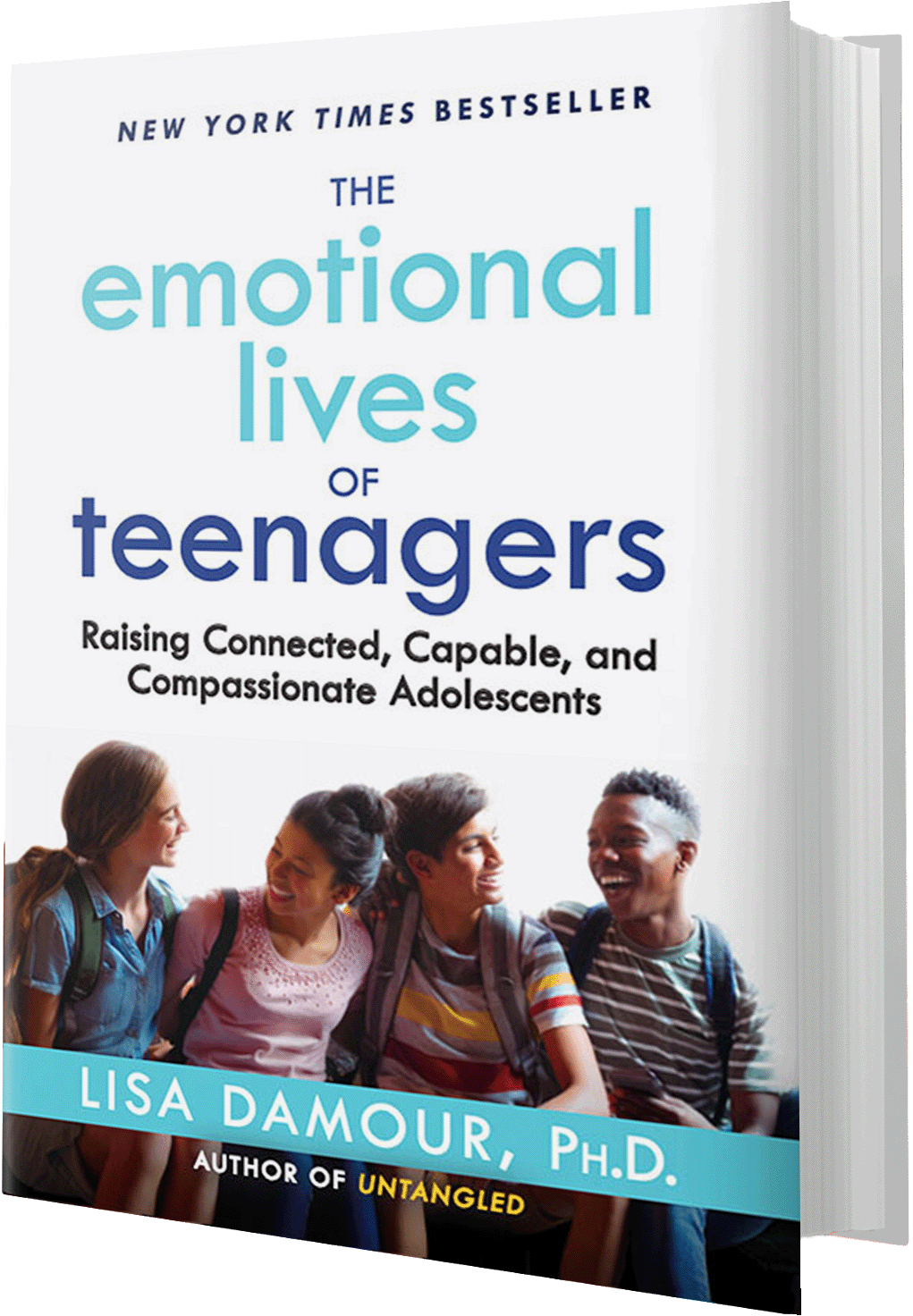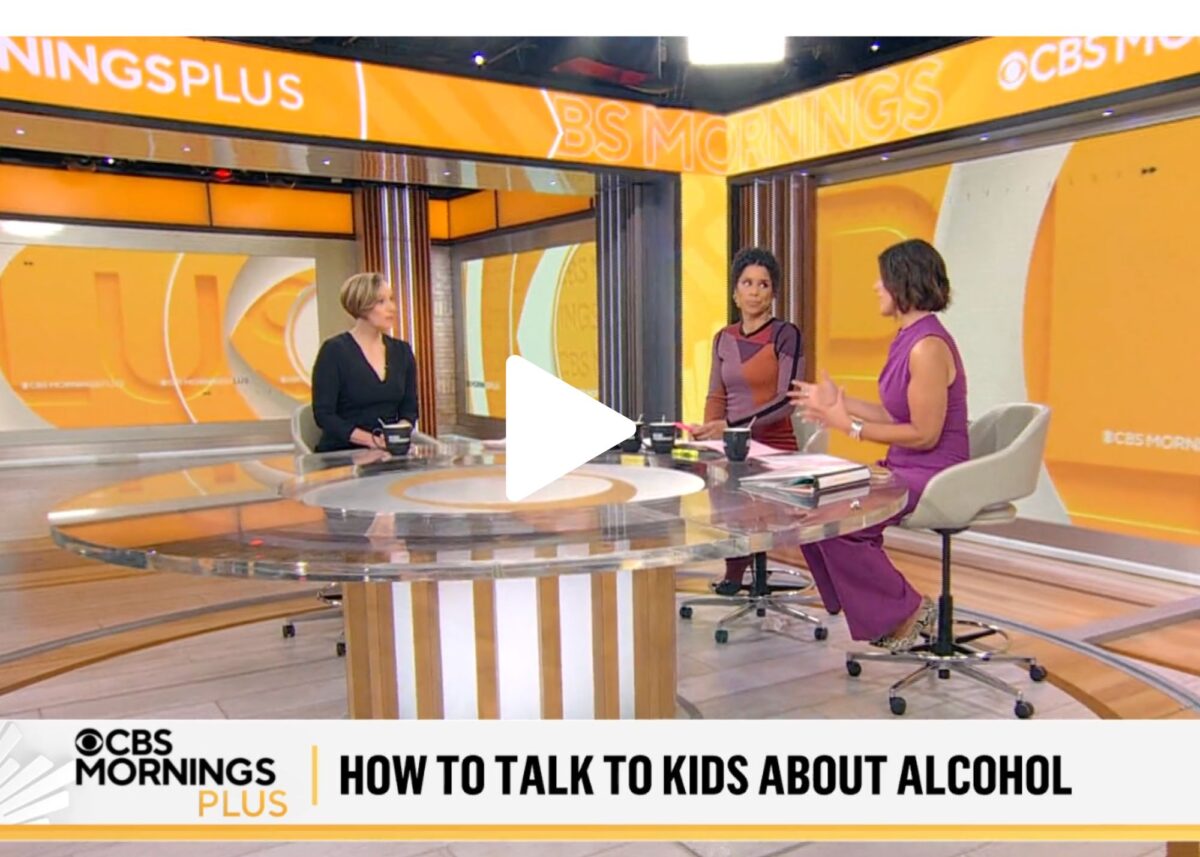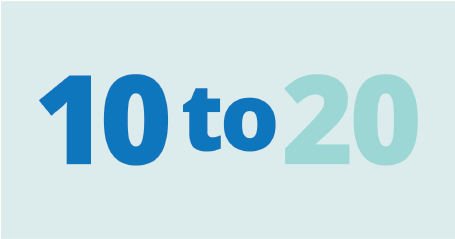When our children are young, they almost invariably look up to us. But as they age into adolescence, aided by their new neurological power, they start to catch on to our shortcomings. On top of that, teens’ normal drive to become separate from us compels them to see us from a new and removed perspective. Whereas they used to accept us without question, now they give us feedback. This has certainly played out in my own home. It has long been true that I lay down household policies that I believe in, but don’t always follow, such as not bringing a cellphone to the dinner table. Nor am I above resorting to guilt to get my way. But not until my daughters were teenagers did they begin to comment that I am “a total hypocrite” or, when I drop a passive-aggressive comment, to playfully retort “Get out the luggage—we’re going on a guilt trip!”
As teenagers, they really have my number. At times I wonder, do they really need to itemize my imperfections? Sometimes loudly, and occasionally in anger? As a mom, I can definitely find such criticism hard to take. But as a psychologist, I get it. Here’s why: Teenagers become keenly aware of our warts right around when they start readying themselves to leave home. Consciously or not, they realize that there’s not much time left for us to become better parents while they are still under our roof.
This is a big issue for them. While they may enjoy excellent support from adults outside the family, they are very much aware that we’re the only parents they’ll ever have. Ideally, and in time, our kids will do what most people do: come to terms with the fact that there is no perfect parent and find a way to accept our shortcomings. But while they’re still living at home, why wouldn’t our teens try to improve the parenting hand they’ve been dealt?
Years ago, I was caring for the teenage son of a successful and domineering businessman. The boy and his father were constantly at odds, because the father approached parenting with the same controlling managerial style that he relied on at work. The son, understandably, did not welcome his father’s attempts to micromanage his studies, and would angrily tell his dad to back off and trust that he was on top of his work. Which he was. The dad, for his part, thought his son was foolish to reject his sound guidance. I agreed with the boy, but that wasn’t the point.
“I think you fight with your dad,” I observed, “because you’re hoping that if you point out what he’s doing wrong, he’ll change.”
“Yeah, that’s probably true,” he said.
“So far, though, you’ve had no luck with that. Here are the options I see: You can keep fighting with him in hopes that he’ll change, or we can invite him to join us for a session and I’ll take a crack at it, or we can try to figure a way for you to live with his bossy style until you graduate.”
The boy went with the third option. Our therapy turned toward helping him take his father’s micromanaging less personally—indeed, the dad treated the boy’s siblings similarly—and see that the father’s behavior came from a loving place, even if it rubbed the boy the wrong way. Over time, my client gave up on the hope that his dad would treat him with more respect and acknowledge that he was, indeed, an organized and competent student. Letting go of that wish made it easier for him to enjoy the better aspects of his relationship with his father, such as their shared interest in fishing. The boy continued to clash with his dad from time to time, but only when getting into what he knew would be a fruitless fight felt easier to stomach than giving in.
Here’s a personal pro tip: When your teenager points out your shortcomings, try to keep an open mind. In my experience, adolescents’ descriptions of adults tend to be pretty spot-on. If we can tolerate their feedback, our teens may even help us grow. Should you be wondering whether your adolescent’s critiques hold water, try asking a kind and clear-eyed partner or friend for a second opinion. Your teen might be telling you something that is worth trying to work on, even if they don’t bring it to your attention in the nicest way….

The Emotional Lives of Teenagers Raising Connected, Capable, and Compassionate Adolescents
Lisa’s latest New York Times best seller is an urgently needed guide to help parents understand their teenagers’ intense and often fraught emotional lives—and how to support them through this critical developmental stage.
Buy nowMore resources


















